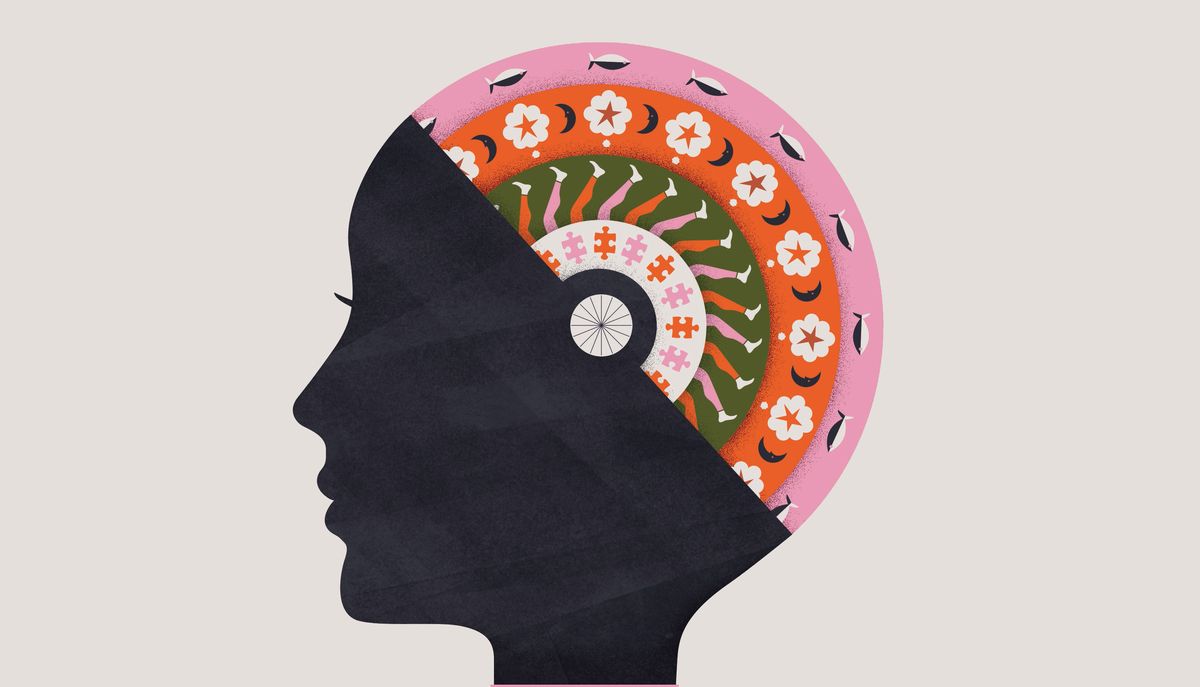- Empty cart.
- Continue Shopping
The Role of Diet in Alzheimer’s Prevention

As we age, preserving cognitive health becomes increasingly important. Diet plays a pivotal role in brain health, and making informed dietary choices can significantly impact the risk of developing Alzheimer’s disease. In this guide, we will explore the crucial role of diet in Alzheimer’s prevention and highlight key nutrients and dietary patterns that support cognitive well-being.
1. Embrace a Mediterranean-Inspired Diet
– Abundance of Fruits and Vegetables
A diet rich in colorful fruits and vegetables provides essential antioxidants that help protect brain cells from damage.
– Heart-Healthy Fats
Incorporate sources of healthy fats like olive oil, avocados, and nuts, which support optimal brain function.
– Omega-3 Fatty Acids
Fatty fish like salmon, mackerel, and sardines are excellent sources of omega-3 fatty acids, which have been linked to a reduced risk of cognitive decline.
2. Prioritize Antioxidant-Rich Foods
– Berries
Blueberries, strawberries, and other berries are packed with antioxidants that combat oxidative stress, which is associated with cognitive decline.
– Nuts and Seeds
Almonds, walnuts, flaxseeds, and chia seeds are rich in antioxidants, healthy fats, and nutrients that benefit brain health.
– Leafy Greens
Spinach, kale, and other leafy greens are abundant in antioxidants, vitamins, and minerals crucial for brain function.
3. Include Foods High in Vitamin E
– Almonds
Almonds are an excellent source of vitamin E, which has been associated with a reduced risk of Alzheimer’s disease.
– Sunflower Seeds
These seeds are rich in vitamin E, providing another option for boosting this essential nutrient.
4. Incorporate Foods with Curcumin
– Turmeric
Curcumin, the active compound in turmeric, has anti-inflammatory and antioxidant properties that may contribute to brain health.
– Curry Dishes
Including curries in your diet can be an enjoyable way to incorporate turmeric and its potential cognitive benefits.
5. Opt for Whole Grains
– Brown Rice
Whole grains like brown rice provide a steady supply of glucose to the brain, supporting optimal cognitive function.
– Oats
Oats are rich in fiber and antioxidants, making them a brain-boosting addition to your diet.
6. Moderate Alcohol Consumption
– Red Wine (in moderation)
Red wine contains resveratrol, an antioxidant that may have protective effects on brain health. However, it’s important to consume alcohol in moderation.
7. Limit Sugar and Processed Foods
– Minimize Added Sugars
Excessive sugar consumption has been linked to cognitive decline. Opt for natural sweeteners like honey or maple syrup in moderation.
– Avoid Processed Foods
Processed foods often contain additives and unhealthy fats that may contribute to inflammation and cognitive impairment.
8. Stay Hydrated
– Drink Plenty of Water
Staying hydrated supports optimal brain function, so be sure to consume an adequate amount of water daily.
9. Seek Professional Guidance
– Consult a Registered Dietitian
For personalized dietary recommendations tailored to your specific health needs, consider seeking guidance from a registered dietitian.
Conclusion
A well-balanced and nutrient-dense diet is a powerful tool in the prevention of Alzheimer’s disease and the promotion of cognitive health. By incorporating brain-boosting foods and making informed dietary choices, you can support your brain’s vitality and reduce the risk of cognitive decline. Remember, a nourished brain is a resilient brain, and investing in your cognitive health today can lead to a brighter, more vibrant future.








